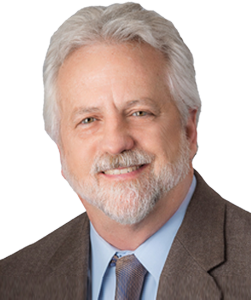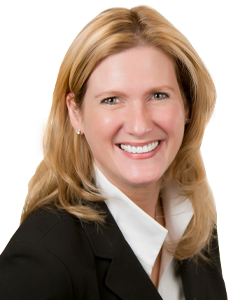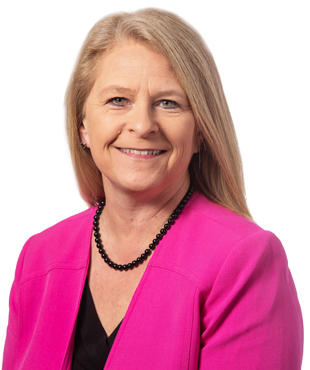 When patients feel connected to their care, outcomes improve, experiences improve, and clinician and patient satisfaction improve. However, in our complex health care system, it can be difficult for patients to navigate to get the care they need, and there are many factors, outside of care delivery, that can have a negative impact on patients’ experiences.
When patients feel connected to their care, outcomes improve, experiences improve, and clinician and patient satisfaction improve. However, in our complex health care system, it can be difficult for patients to navigate to get the care they need, and there are many factors, outside of care delivery, that can have a negative impact on patients’ experiences.
The current situation often leaves patients feeling adrift, before, during, and after care encounters. To change the status quo, health care organizations must take a more proactive approach to patient engagement.
Through a combination of clinical and nonclinical interventions, hospitals and health systems can extend the impact of their care and broaden their reach, connecting patients to care throughout the entirety of the care journey.
Discover how we in health care can use technology as a force multiplier that enables a people powered approach to sustainably connect patients to their care.
Join SCP Health’s clinical and operational experts, Chief Clinical Innovation Officer and Chief Medical Officer for the Virtual Clinical Medical Group Stephen Nichols, MD, Chief Growth and Innovation Officer Helen Stewart, and President, Value-Based Care, Lisa Fry, as they discuss:
- How patient needs and expectations have evolved over the past few years and what new demands and requirements these changes have placed on the health care system
- What happens when patients feel connected to their care in terms of clinical outcomes, patient engagement, overall cost of care, and clinician satisfaction
- Clinical interventions including strategies for post-discharge touchpoints, including bridges to primary care, behavioral health, telehealth, and home care solutions.
- Non-clinical interventions such as wayfinding and practical instruction for patients on appointment setting, filling prescriptions, and adherence to treatment plans.
- The role targeted interventions and support play in health equity before, during, and after clinical encounters and how differences in health care delivery can affect outcomes.
Meet our Panelists
Stephen Nichols, MD,
Chief Clinical Innovation Officer and Chief Medical Officer for the Virtual Clinical Medical Group
Dr. Stephen Nichols is a pragmatic realist when it comes to operational improvements. He has over 25 years of experience in Emergency Medicine and has been a staff physician in the Emergency Department in Brownwood, Texas, for over two decades. Dr. Nichols applies his down-to-earth style with a methodical approach to management that balances patient care, provider expectations, business goals, and health care demands. His fundamental goal is to help hospitals create places where employees enjoy working together and want to bring their families when they need care. He combines the experiences reported at the facility with detailed data analytics to accomplish this goal.
Helen Stewart
Chief Growth and Innovation Officer
Helen Stewart is an accomplished health care executive with over 25 years in the industry and experience working with all types of health systems and health care organizations. Stewart’s areas of expertise include driving strategic and operational initiatives to accelerate health care organization growth and executing high-quality solutions to impact health care delivery models. She works to align clinical care teams and operational strategic goals and holds a Bachelor of Science in Manufacturing Engineering from Miami University and is a Six Sigma Black Belt and a certified Master Change Agent.
Lisa Fry
President, Value-Based Care
Lisa Fry has over 25 years of experience in the health care and health management industry. Throughout her career, Fry’s primary areas of focus have been on driving revenue growth for client organizations and supporting clients in combining financial and clinical data with population-based health information to create superior health outcomes and return on investment. Fry holds a Master of Management in finance and management strategy from the J.L. Kellogg Graduate School of Management at Northwestern University and a Bachelor of Arts in economics from Northwestern University.




